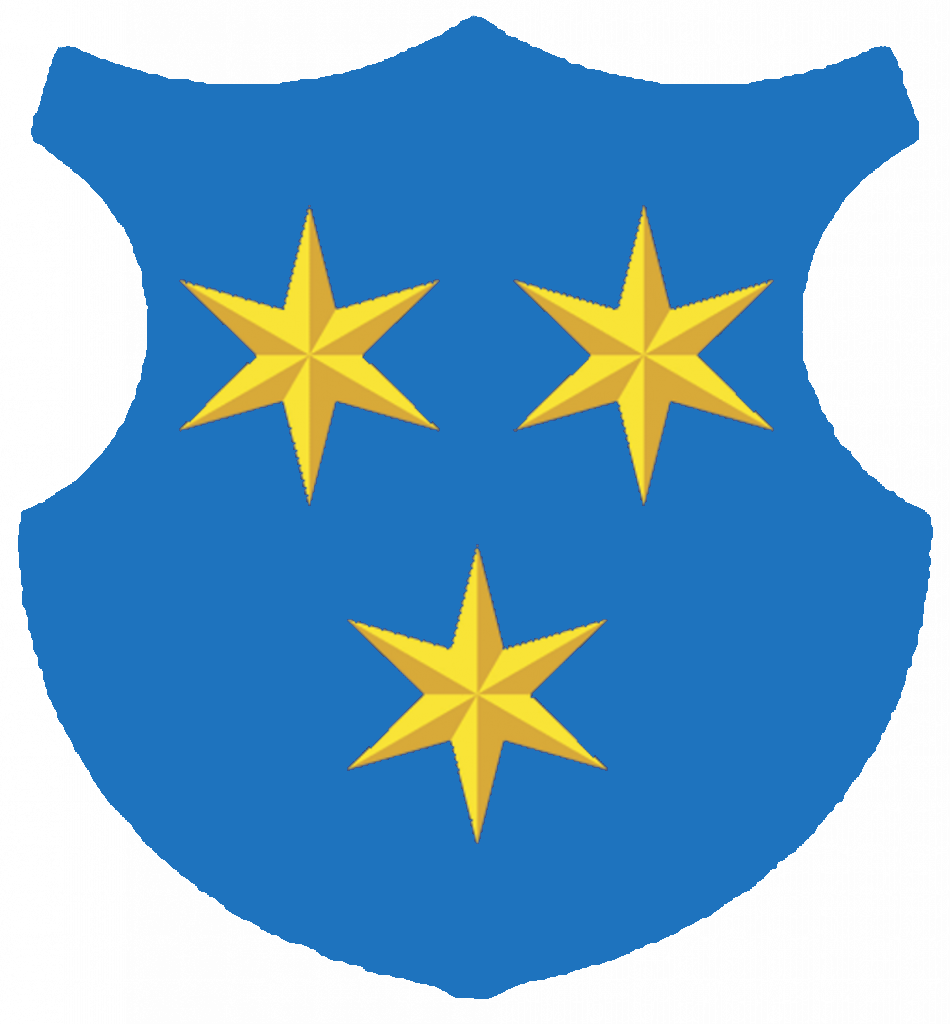The Development of the Maribor Waterworks
In her article, the author describes the strong resistance to the laying down of the waterworks pipes in Maribor, which lasted for twenty years. In 1902, after numerous complications, Maribor finally got its waterworks system, which contributed to the modernisation of the way of life in this Styrian city.
“The Political Aims of the Slovene Intelligentsia”
A Few Facts on Spies and Soldiers
The author gives only a brief summary of the development of increased military interference in political affairs during World War I and the political actions against the Slovenes it involved, while the report from 1916 quoted in the title, which he considers worthy of special attention, is dealt with in greater detail. The text on the political aims of the Slovene intelligentsia gives a detailed insight into the logic of the developments of the time.
When an Animal Becomes Human-Like, It Does Not Bother about the Roots of Its Own Tree Anymore
(Fables from the Years 1914-1918 / the Destinies of the Unsung Heroes of all Wars)
Throughout history, mankind has not used animals solely for food and work, or kept them as pets. In all wars started by the human animal, animals have also suffered greatly. The loot and medals, however, were divided amongst the real pigs – the pigs on two legs.
“The Times of Father Radetzky Are Repeating Themselves in the South”
Everyday Life in Ljubljana During the First World War
The author presents everyday life in the hinterlands of the Isonzo River Front from 1915 to 1917. Numerous newspaper reports focus particularly on the everyday life in the regional capital of Ljubljana. Far away from the roaring of the cannons, the city was stricken by troubles and misfortunes of its own.
The Letters of An Austro-Hungarian Soldier 1917-1918
The article deals with the feelings of a Slovene soldier from the First World War which can be discerned from a number of his preserved letters. They reveal the feelings of anxiety that prevailed in the front lines of battle. Nature in the soldier’s letters is diametrically opposed to the man-slaughter on the front lines. It endures and is the only thing in his surroundings he speaks of in superlatives. The fil rouge of the letters, however, is the love declared by soldier Leo Mežan (the hero of this story) for Miss Joža Kobal, whom he kept up a correspondence with. Leo was a very emotional man whose love of life was to be admired. Yet he was not destined to survive the fall of the state for which he had fought for so uprightly and which demanded of him the ultimate act of self-sacrifice. He died in July, 1918.
Werner Stiger, the Spy from Celje
At the beginning of the Second World War, a Nazi spy-centre operated in Celje, led by Celje’s tradesman Werner Stiger. The author presents his spying activities and how he fled from the Yugoslav authorities to Austria. The article reveals that Stiger received warning of his imminent arrest by Celje’s police officer Alojz Emeršič, who was a Gestapo operative during the war. Under German occupation, Stiger worked for the German intelligence service in various cities of Yugoslavia.

